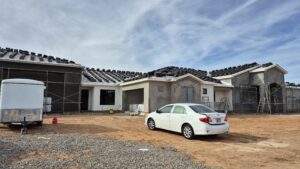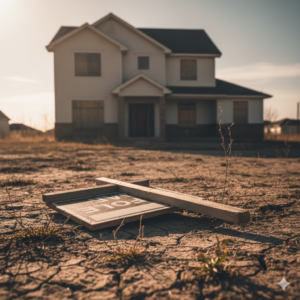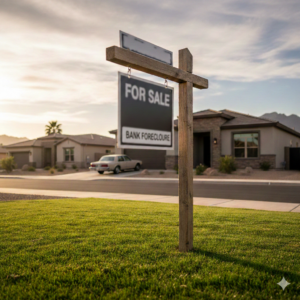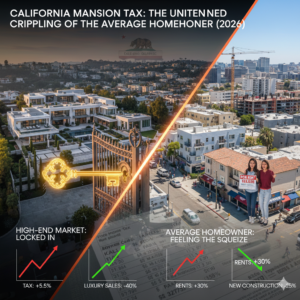According to a forecast by First American CoreLogic, the typical U.S. homeowner in a negative equity position will begin to build positive home equity by late 2015 or early 2016. In some depressed markets, typical borrowers with negative equity may not experience positive equity until 2020 or later, according to the report. Research conducted by First American CoreLogic indicates more than 11.3 million, or 24 percent, of all residential properties with mortgages, had negative equity at the end of the fourth quarter of 2009.
Although house price appreciation will, over time, offset negative equity, in most cases, amortization will be a more significant remedy to negative equity. According to the report, over the next 10 years, the average loan balance will decrease by an annual rate of 3.3 percent, while home price are expected to increase at a three-percent annual rate over the next decade.







Credit score is non-issue since they can just buy back into the housing market in a few years when housing is actually affordable in terms of absolute PRICE vs. the seductive “affordability products” that lenders were hustling. Lower housing prices are good for the nation since they allow the nation’s capital to flow into productive assets (like small businesses) instead of the perpetually trading of houses back and forth at ever increasing prices with no mooring to economic fundamentals (i.e., the housing bubble).
Dallas Fort Worth auto accident lawyer